

Uh oh...
It appears that you're using a severely outdated version of Safari on Windows. Many features won't work correctly, and functionality can't be guaranteed. Please try viewing this website in Edge, Mozilla, Chrome, or another modern browser. Sorry for any inconvenience this may have caused!
Read More about this safari issue.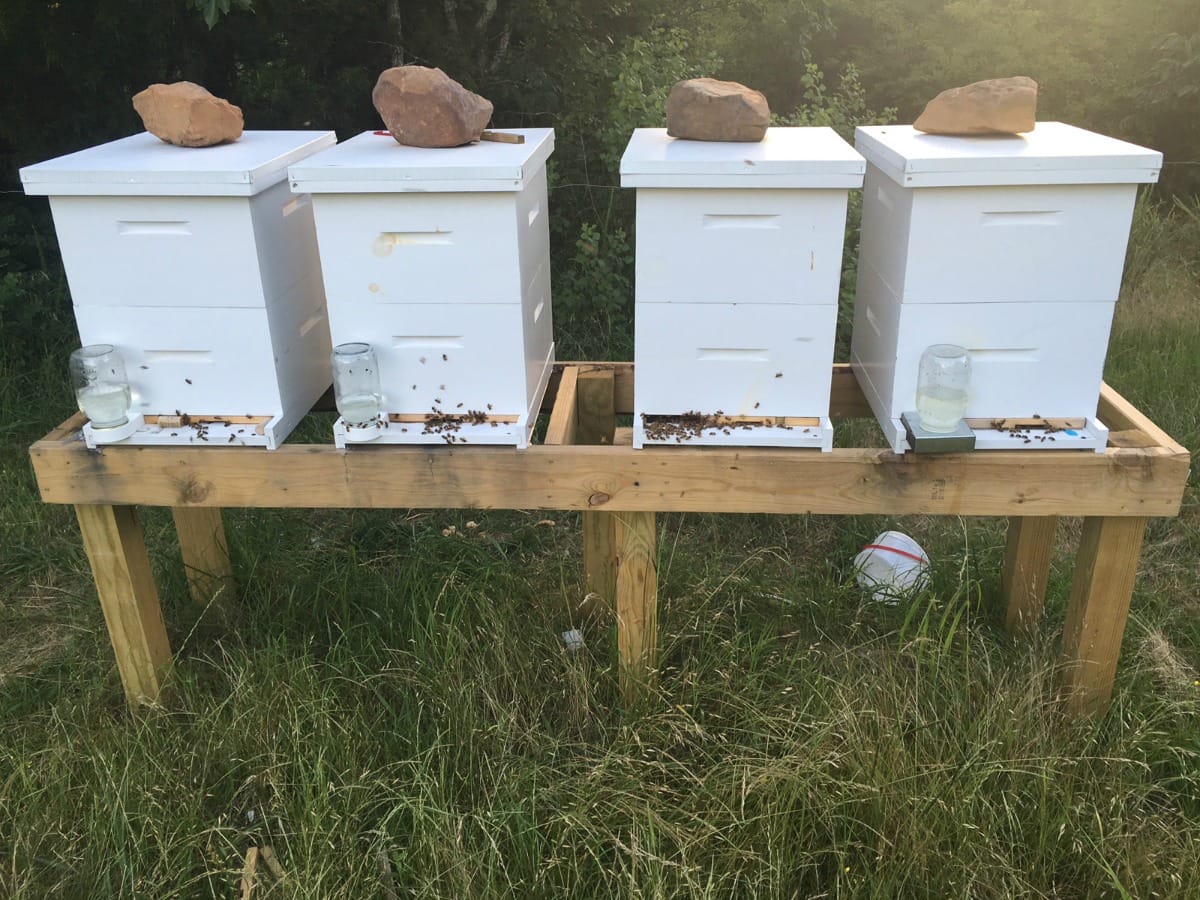

Arkansas is a bee-friendly state, as it should be since it’s our official insect.
Searcy, located in White County, just became the first ‘pollinator-friendly city’ in the state. The City Council passed an ordinance to form a committee that will oversee that pollinating areas are developed and maintained throughout the city. The White County Beekeepers Association is also currently working with County Judge Michael Lincoln to help make all of White County a ‘pollinator-friendly’ area.
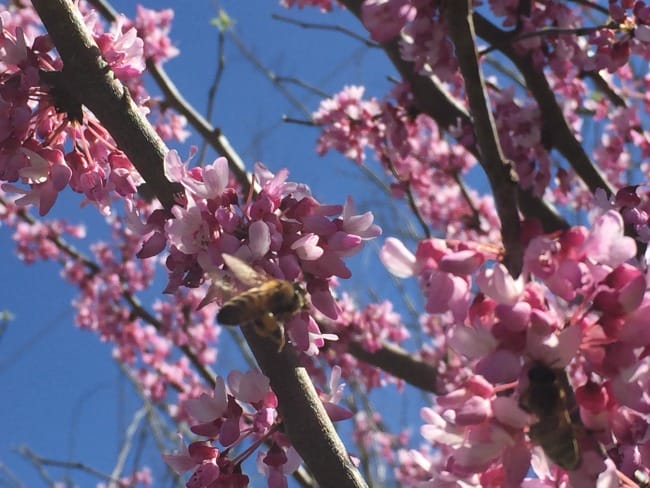
Richard Vardaman, President of the White County Beekeepers, told me that bees are doing quite well in Arkansas, especially in the areas of White, Jackson, Faulkner and Pulaski counties. There are many beekeepers and the bee population is growing.
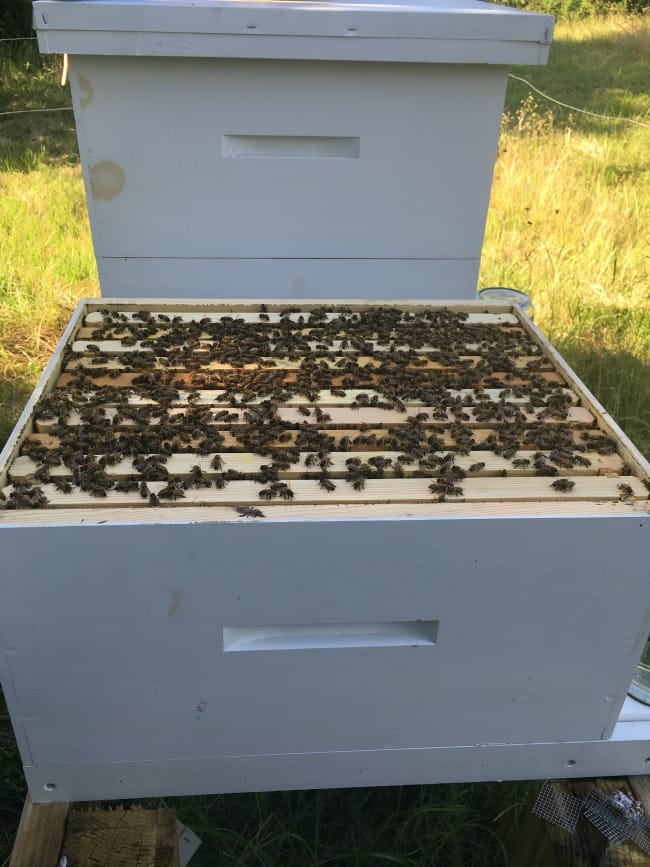
Creating pollinator friendly areas and increasing the number of responsible beekeepers is crucial. Bees are responsible for approximately 60-80 percent of the world’s pollination. Here in Arkansas, bees are needed to help pollinate many of our resource crops such as soy beans and cotton. But here lies the rub. According to Vardaman, farms create bee deserts.
Farmers depend on the bees for pollination but invasive plants that may serve as a food source for the bees suck crucial nutrients from the soil. Invasive bugs can also kill off an entire crop so many farmers have to turn to pesticides and insecticides to keep production at a manageable level. Vardaman sympathizes with the farmer stating that they are “between a rock and a hard place. Upping production is crucial but it is a teeter-totter with a real fine balance.”
One way to help with this problem is to become a responsible beekeeper. Beekeeping is growing in popularity across the country but is also not a hobby that should be embarked upon lightly. Beekeeping entails a certain cost and if you are not knowledgeable in what the hive needs, it can lead to loss and frustration.
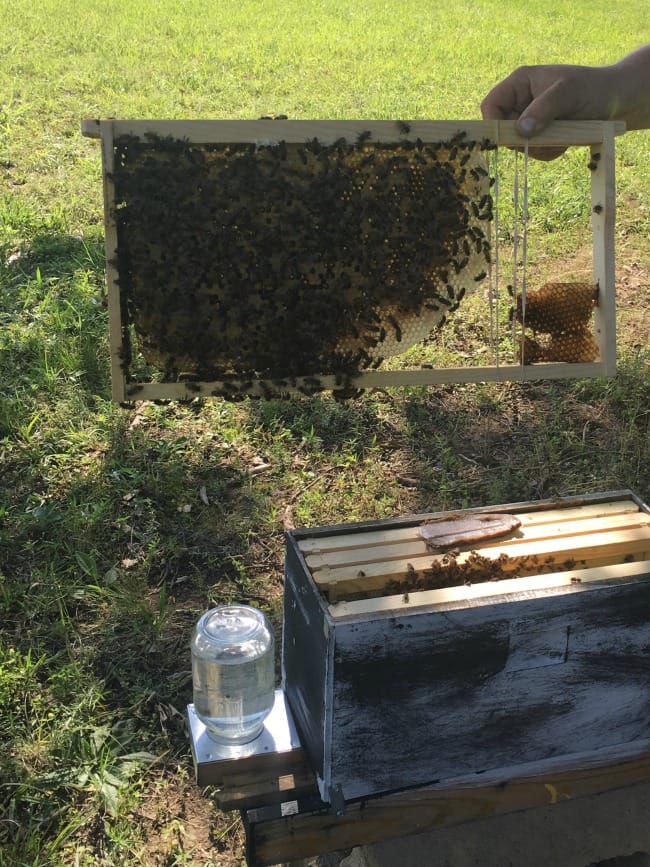
Richard Vardaman is a former towboat captain who left the profession when he was diagnosed with colon cancer. He began keeping bees during his treatments when he realized there were no bees in his garden. Now cancer free, Vardaman has about 27 hives that he manages and is also the go-to guy if you have a swarm on your property. I asked Richard Vardaman what advice he had for individuals who were thinking about keeping bees.
-
Think about WHY you want to keep bees.
Bees are great for helping plants grow but they can also be fascinating to watch. If you have never had the opportunity to watch a colony of bees at work, it is a magical thing. The White County Beekeepers Association has an observation hive which is available for viewing at events in Searcy throughout the year.

Bees produce a product that you can eat! Who doesn’t love honey drizzled over a warm biscuit or piece of cornbread? How about stirred into a hot cup of tea? Honey makes a wonderful sugar substitute.
Beeswax can be harvested to make products from candles, to lip balms and slaves.
-
Ease into bees.
Don’t get overwhelmed. Keeping bees involves a significant investment of time and money. Knowledge is KEY when it comes to beekeeping.
Right now is not the time to start bees, especially in central Arkansas. Bee hives are best started in the early spring when the honey flow is at its peak. If you try to start bees now you will exhaust yourself physically and financially trying to keep the hive fed and healthy. Because very little is blooming at this time of year the bees are in protect mode, guarding their honey and making sure that they have a viable food source for the winter.
Now is the time to start reading, researching and developing a plan for beekeeping.

-
Join a Beekeepers Association.
Beekeepers Associations can be a critical component to your success as a beekeeper. The individuals in the association are a wealth of knowledge and expertise. Vardaman said that most bee failures are due to people who don’t know how to keep the hive alive. Many associations have individuals who are willing to offer one-on-one assistance and guidance to new beekeepers. The White County Beekeepers Association is currently developing a mentoring program to help new beekeepers learn from the seasoned veterans.
Beekeeping is an ongoing learning experience. Just when you think you have bees figured out, they will change their mind.
Richard Vardaman believes the best way to stay informed is to connect with a beekeeping association, saying they always welcome beginners to “c’mon down and see what the buzz is all about.”
The White County Beekeepers Association meets on the second Monday of each month at 6 p.m. at the Downtown church of Christ in Searcy. You can find a list of other beekeeping groups around the state on the Arkansas State Plant Board website.
Last summer, OnlyinArk.com shared with you all about Bees in Arkansas. We encouraged you to give the bees shelter, to give them food, and to support our local beekeepers. Hopefully, we have now sparked your interest in the official insect of Arkansas.
A special thanks to my dear friend and beekeeper Blake Harmon for providing many of the pictures for this article.
Join the Conversation
Leave a Comment
One response to “The Buzz About Beekeeping in Arkansas”
 Leave a Reply
Leave a Reply
We do the work.
You check your email.
Sign up for our weekly e-news.
Get stories sent straight to your inbox!











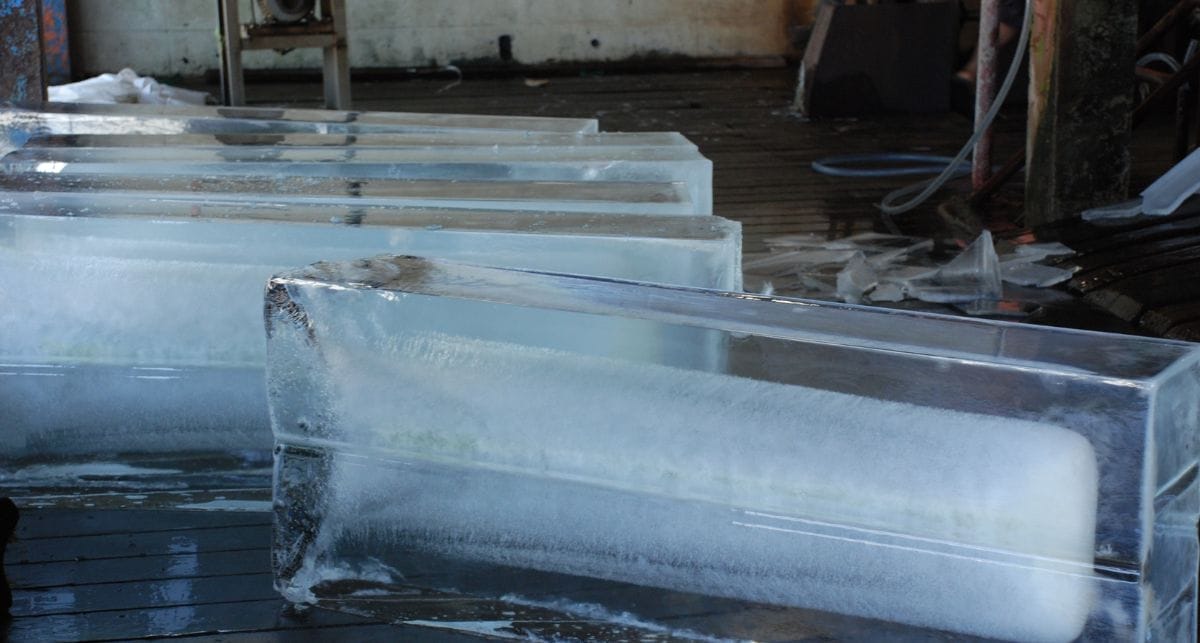
 Leave a Reply
Leave a Reply
[…] Learn more about Arkansas Bees and Beekeeping. […]